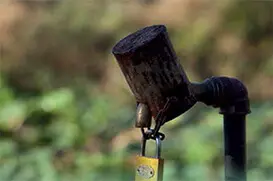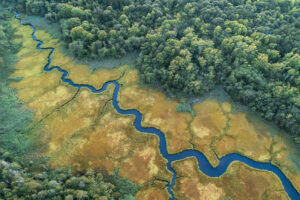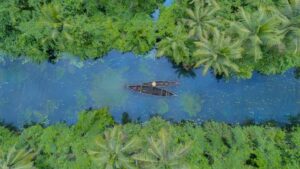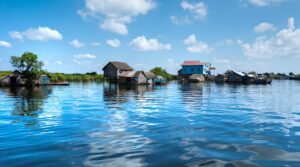1st African Water Integrity Summit: “Accelerating towards a water secure world”
This report presents 27 case studies of lessons learnt and experiences related to social accountability, anti-corruption and infrastructure investments and capacity building.
In 2009, the African Water Vision 2025 outlined the challenges to the sustainable management of water resources on the continent. In the face of competing demands for basic water supply and sanitation, food security, economic development, and the environment, it recognised the ‘disastrous consequences’ of continuing business as usual. It named inappropriate governance and institutional arrangements as one core ‘human threat’ to sustainable water management: “There are numerous governance factors in Africa. They include: lack of accountability, transparency and good governance, resulting in ineffective management of water resources; inadequate cooperation and coordination in the management of national and international water basins; and inappropriate institutional arrangements resulting in poor management and low capacity in human resources. […] A lot of work remains to be done on this constraint.” The vision called for fundamental changes in policies, strategies and institutional arrangements, the adoption of participatory approaches, as well as for openness, transparency and accountability in decision-making processes as a key success factor.
The case studies were presented at the 1st African Water Integrity Learning Summit in Lusaka in April, 2014.




